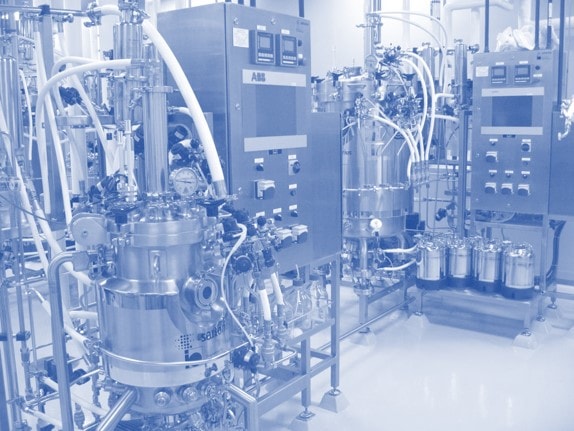What happens to the Stem Cells when you Get Someone Else’s Cells?
I’ve blogged before on the problems with allogeneic stem cells. While this is the preferred Pharma business model for stem cells because it allows cells to be mass manufactured and distributed like drugs, is it a good idea? First, while it’s been hyped that donor stem cells aren’t rejected like someone else’s heart or kidney, this is only partially true. For example, a recent research study showed that stem cells from a donor did cause the host to react negatively toward the cells (the host tried to kill them off). We also know that the genes of the donor stem cells stay working in the host. Why is this a concern? You’re buying all of your genetic predispositions plus that of the donor. Did he or she have cells that code for a cancer later in life? Who knows? We certainly don’t know at this early stage of development of routine genetic screens. In addition, for cells that are mass manufactured, there is no requirement for the companies selling these cells to screen for these possible genetic diseases. A recent study further continues this same cause for concern. The researchers looked at two patients who were given someone else’s stem cells to treat transplant rejection who later died of infection. The donor’s cells were still present in many of the patient’s organs a year later. With a traditional small molecule chemical drug this is almost never a concern, meaning you don’t worry about the drug still being in your system months or years after you’ve taken the drug. This is not the case with cell drugs. In addition, unlike getting someone else’s kidney where you know the risks (mainly of getting really sick from rejection), these genetic risks are being largely swept under the rug by the Pharma industry gearing up for mass manufactured stem cells.
The upshot? Allogeneic stem cells remain a concern and it appears that every month or two another study comes out that raises more issues. While this is a convenient way to mass produce and distribute cells like drugs, it’s looking like the mounting science is questioning the wisdom of this decision.

If you have questions or comments about this blog post, please email us at [email protected]
NOTE: This blog post provides general information to help the reader better understand regenerative medicine, musculoskeletal health, and related subjects. All content provided in this blog, website, or any linked materials, including text, graphics, images, patient profiles, outcomes, and information, are not intended and should not be considered or used as a substitute for medical advice, diagnosis, or treatment. Please always consult with a professional and certified healthcare provider to discuss if a treatment is right for you.
